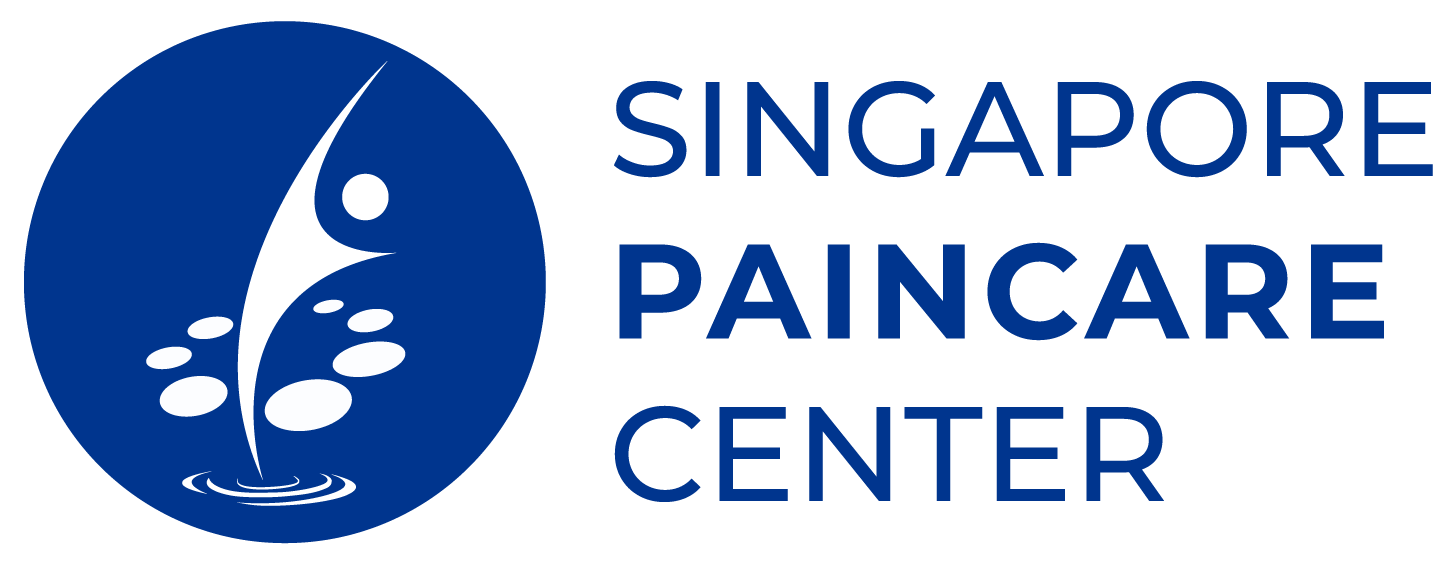Breastcancer.org reports that 66% of the women who have undergone breast cancer surgery still experience from mild to severe pain. Even for those who have gone under the knife for reasons other than cancer complain of pain. What could the cause be?
Why do we get pain after breast surgery?
A variety of breast cancer operations leave women in lasting pain or certain abnormal unpleasant sensations after surgery. This is called Postmastectomy Reconstruction Syndrome (PMRS).
Although the name implies that the pain may be caused by mastectomy – surgical removal of the breast and underlying tissues, the symptoms may also be caused by a different breast cancer treatments such as lymph node biopsy, breast reconstruction, chemotherapy or radiation therapy.
The pain is oftentimes a result of bruising, stretching, or damage to nerves damage during surgery or upon the formation of scar tissues.
What are the types of pain and discomfort?
Women with PMRS may suffer from signs like the swelling of the chest wall, sensitivity, restricted range of motion, tightness or axillary web syndrome (rope-like tissue structures from under the skin of the arms). These can be experienced years after the surgery.
Often patients also complain of pain sensations, that include phantom breast pain (pain that feels as if it’s coming from the breast and nipple that have been removed.), experiencing painless stimuli, such as clothing rubbing on the area which is perceived to be painful. Discomfort can range from burning, constricting or stabbing-type sensations to numbness in the area.
How can I better manage these pain?
Whatever the cause of pain, there is a spectrum of rehabilitative treatments that the patient can consider. This includes medication, occupational and physical therapy, injections and lymphedema therapy.
Pain medications
These can be effective with few side effects. Your doctor may prescribe simple pain relief pills such as paracetamol or ibuprofen, or stronger medication such as antidepressants or anti-epileptic drugs, which have been proven to help with nerve pain.
Complementary Therapies
Some patients seek complementary therapies such as massage, reflexology and reiki can help create an overall sense of wellbeing.
Studies have shown that acupuncture may also help reduce pain after breast cancer surgery.
An occupational or physiotherapist may manage your pain sensation through a rehabilitative exercise plan to strengthen the affected muscles and nerves, stretch the chest wall muscles, and restore joint and soft tissue mobility.
Pain clinics
If chronic pain persists, a GP or pain specialist may be able to help. A pain-management programme may include injecting numbing medicines such as Lidocaine or Bupivacaine to around the painful nerves, or using a peripheral or central nerve block. To break the pain cycle, pain doctor may approach this method by injecting into the two peripheral nerve blocks, also known as the paravertebral Intercostal nerve and the pectoral nerve block, to decrease breast pain.
In determining the right treatment plan, speak to our pain doctors about what may offer you the most relief.



